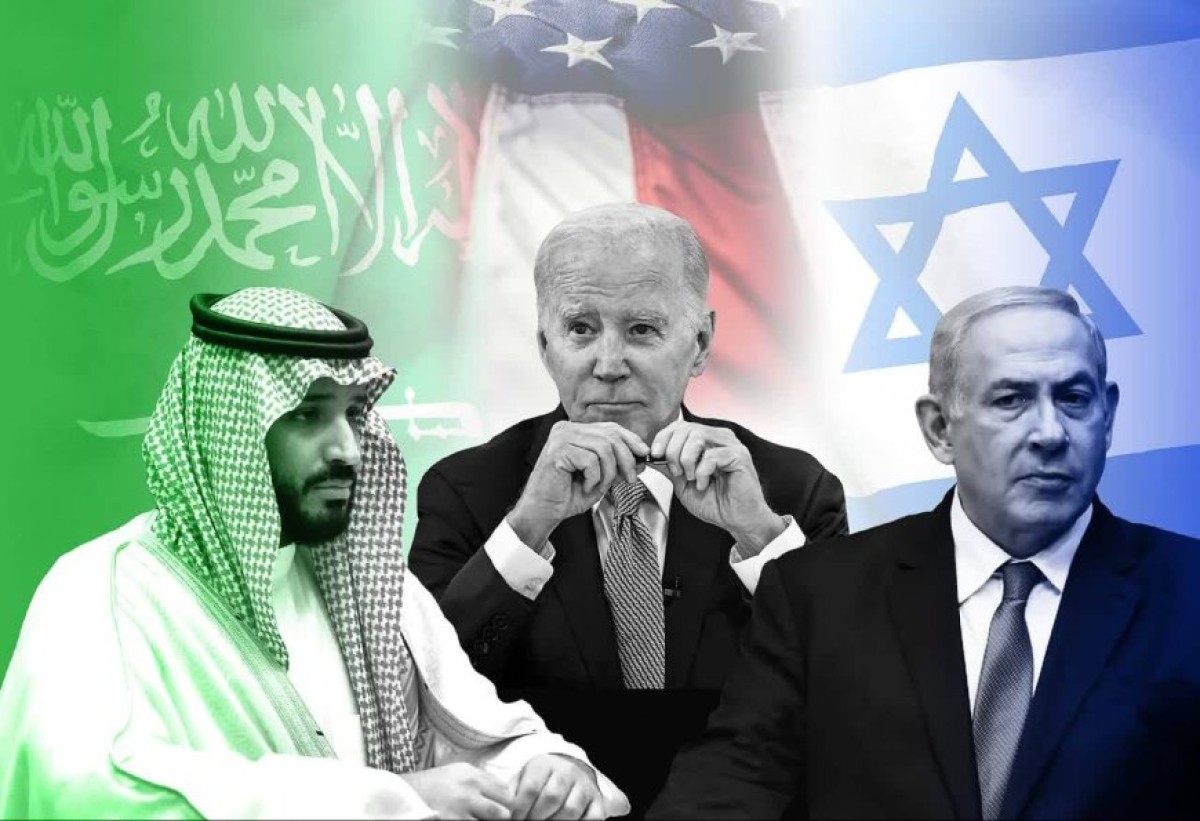 148
148
The question of normalisation with Saudi Arabia was deemed critical by Israeli policymakers, who likened the oil-rich Arab kingdom's potential inclusion into the Abraham peace agreements to a precious jewel on a crown. According to some observers, the ultimate goal of the Abraham Accords was to bring Saudi Arabia into the fold, and it appears that Israeli attempts to achieve that objective are still ongoing.
There have been reports of secret meetings between the Israeli and Saudi leaders on multiple occasions, resulting in undisclosed agreements across multiple fields. However, much to the chagrin of Netanyahu and his allies, Tel Aviv's efforts to establish normalised relations with Riyadh have not been successful. The Israeli government's plans for normalising relations with Middle Eastern countries have also hit roadblocks, including the recent détente between Iran and Saudi Arabia facilitated by China, as well as the prospect of Tehran enhancing ties with Jordan and Egypt.
In this ever-evolving geopolitical landscape, it appears that the Arab sheikdoms have grown uncertain about their relationship with the United States. Today, with the reduction of the US presence in West Asia, Arab monarchies have opted to tackle their longstanding strategic challenges without US involvement, turning to emerging powers such as China. The recent de-escalation of tensions with Islamic Republic of Iran serves as an outstanding example in this context.
Amid Beijing's growing influence and Washington's declining role in West Asia, a significant number of regional conflicts have been resolved. On the other hand, the much-touted US-Israeli plan to create a NATO-style alliance between Tel Aviv and Arab nations has not been realised. Thus, to boost its waning position in the region, counter China's clout, and promote the Zionist regime's interests, the United States is poised to orchestrate a major development in the near future. At present, this move can only be interpreted as Biden's desperate attempt to normalise relations between the Zionist regime and Saudi Arabia.
The Biden administration aims to regain the United States' former position vis-à-vis China and strengthen the security of the Zionist regime in West Asia. Furthermore, Biden is on the hunt for a major diplomatic accomplishment for his 2024 election bid, a feat that has eluded him thus far. Hence, the potential normalisation of relations between the Zionist regime and Saudi Arabia can be regarded as a significant achievement for the political future of Biden and the Democrats.
According to a recent report on the US-based news website Axios, the Biden administration is attempting to mediate peace talks between Saudi Arabia and the Zionist regime. Axios cited two senior US officials saying that the Biden administration is reportedly considering normalising relations between Saudi Arabia and Israel in the upcoming months, perhaps before the start of the 2024 presidential race.
Although unofficial contacts between Saudis and Zionists have existed for decades and are growing rapidly, the Americans' objective is to formalise this clandestine relationship. The Abraham Accords are missing a crucial element, and the Biden administration is working to get it by establishing diplomatic ties between Saudi Arabia and the Zionist regime. This was the purpose of the recent trip to Riyadh by US National Security Advisor Jake Sullivan, White House Senior Official for the Middle East Brett McGurk, and US Government Senior Energy Advisor Amos Hochstein to meet with the Saudi Crown Prince and the de facto ruler Mohammed bin Salman. After their meeting with Bin Salman, McGurk and Hochstein travelled to Tel Aviv to brief Israeli Prime Minister Benjamin Netanyahu on their talks with the Saudi leadership.
In light of the current regional dynamics, the likelihood of normalising relations between Saudi Arabia and Israel remains dubious. The situation is further complicated by Saudi Arabia's preconditions for the United States to establish relations with Israel, which the United States government has thus far rejected. To what extent the White House is ready to compromise in the coming months in order to broker diplomatic ties between the Saudi government and the Zionist regime remains to be seen.
Comment
Post a comment for this article